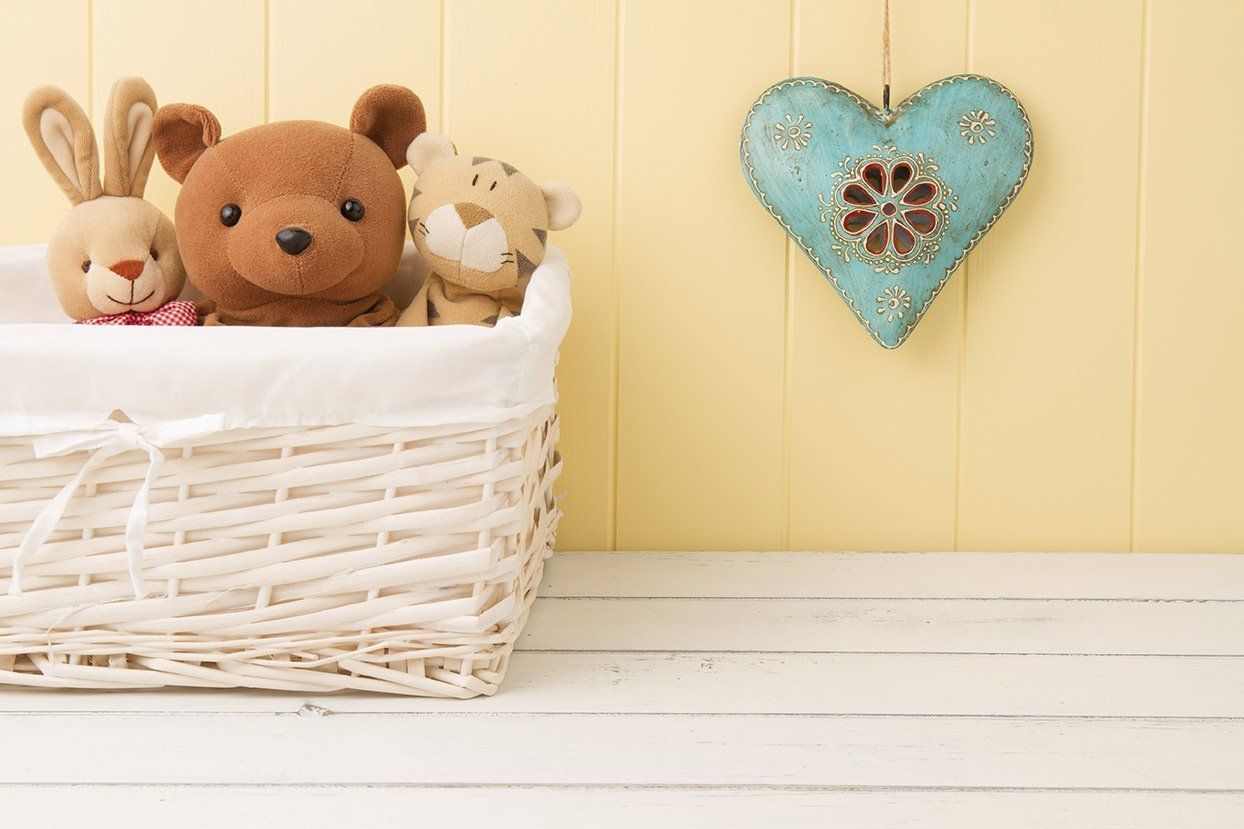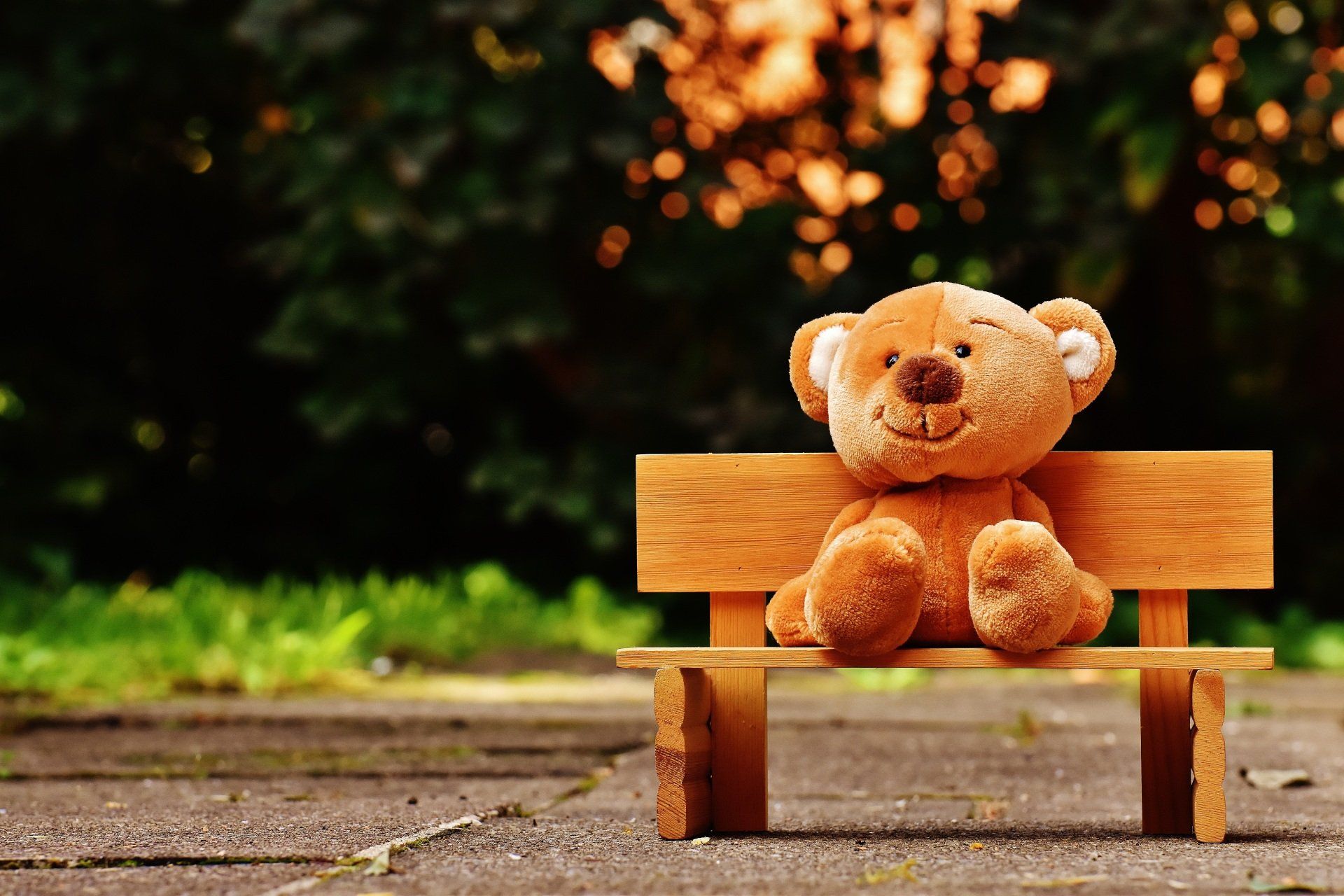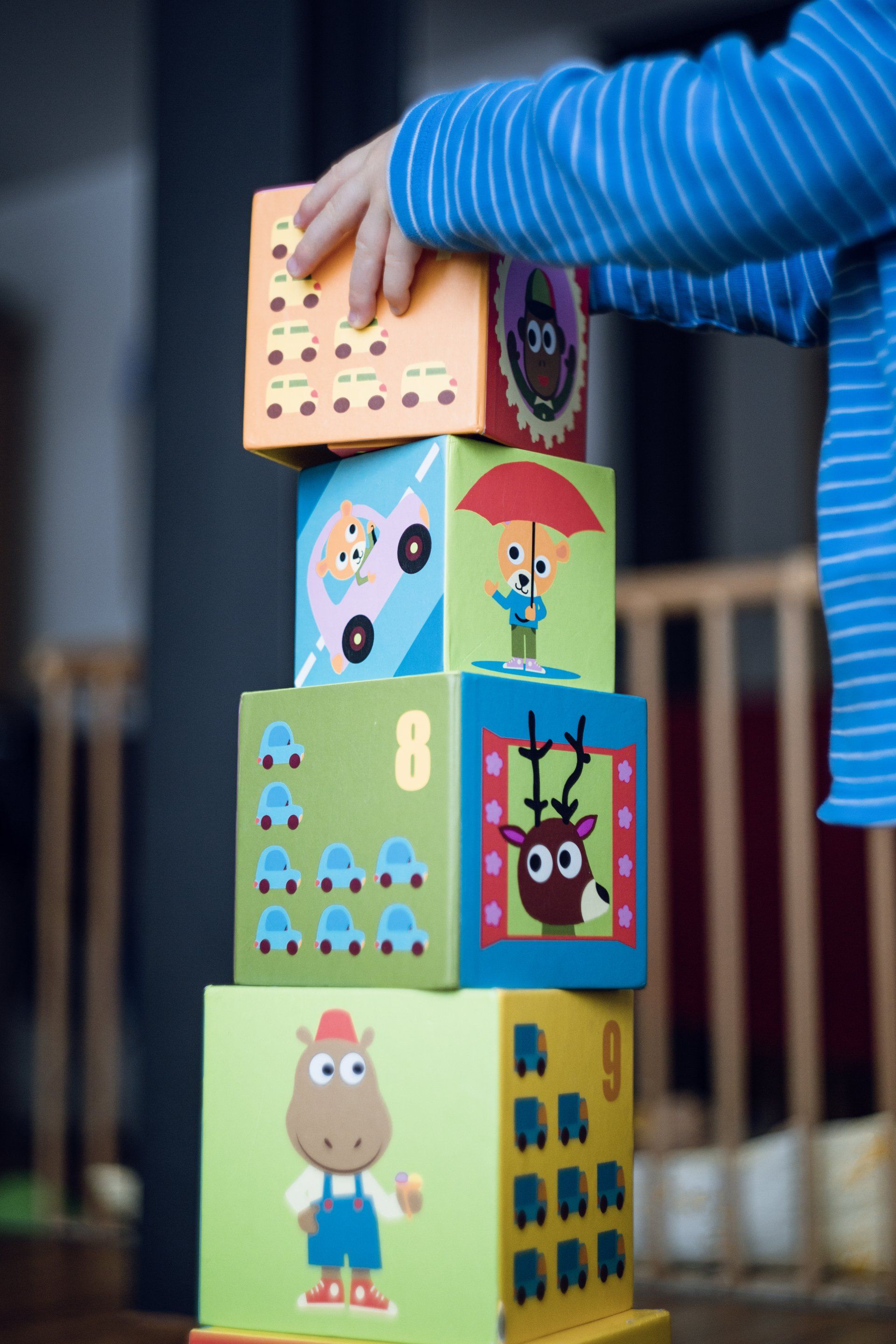
Play therapy
Play Therapy
Play is as important to human happiness and well-being as love and work. This may be as true for adults as it for kids.
Play is the child’s language and play is a fun and enjoyable. Remember how playing could brighten your day, cheer you up, and turn a frown upside down? Remember how play expanded you? It helped with your self-expression, your self-knowledge, your self-actualization and your self-efficacy. It relieved stress and boredom, connected you to people in a positive way, stimulated creative thinking and exploration, regulated your emotions, and boosted your ego?
Why play therapy?
Play therapy differs from regular play in that the therapist helps the child address and resolve their own problems. Children are able to learn about themselves, their relationships, and the world in which they live. Children learn to communicate, to express, to behave. They develop problem-solving skills and learn a variety of ways to relate to others. Play therapy provides a safe psychological distance from their problems so the child can express their thoughts and feelings needed for health development.
How does it work?
You may have noticed your children act out at home or school. They’ve exhausted their tank of problem solving skills. Play therapy allows trained mental health practitioners to meet children where they are at. Play therapy is utilized to help children cope with difficult emotions and find solutions to their problems, both real and perceived. Children confront their problems in the clinical Play Therapy setting, providing an environment for healthy and lasting solutions. Play Therapy allows your child to change the way they react to problems through their thought processes and emotions. Play time creates solutions lasting a lifetime.
What age is appropriate?
Play Therapy can be used to help “children” of all ages. It is especially appropriate for ages 3 through 12. Teenagers and adults of all ages have benefited from Play Therapy techniques and processes. The use of Play Therapy with adults is increasing. Play therapy has proven equally effective across age, gender, and presenting problem.
In short, the game of Play is designed for all ages.
What changes will I see in my child?
Play Therapy is a treatment of choice in many school, agency, hospital, residential, and recreational settings. It has been used as the primary intervention for multiple social and behavioral disorders. It helps with anxiety, obsessive-compulsive disorder, depression, autism, conduct, anger management, attention deficit hyperactivity, crisis, trauma, grief and loss, family dissolution, divorce, development, and physical and learning disabilities. Research supports the effectiveness of Play Therapy with a wide variety of social, behavioral, emotional, and learning problems.
Play therapy helps children:
- Develop creative solutions to their problems
- Learn respect and acceptance of themselves and others
- Learn to be responsible for their behavior
- Express and experience emotion
- Develop social and relational skills
- Feel empathy and respect for the feelings and emotions of others
- Learn self-confidence
Positive treatment effects are found to be greatest when the parent(s) are actively involved in the child’s treatment.
How should my family be involved?
Family plays an incredibly important part in a child’s healing and proper development. The interaction between children and their families is always complex, creating different ways for issues to manifest. In some cases, children develop problems as a way of signaling that there is something wrong in the family. In other cases, the entire family becomes distressed because of the child’s disruptive problems. In all cases, families heal faster when they work together.
Your play therapist will make decisions about how and when to involve various members of the family in the play therapy. At a minimum, the therapist will want to communicate regularly with the child’s caretakers, developing a plan for resolving problems and to monitor the progress of the treatment. The parents or caretakers may be asked to modify how they interact with the child at home. The therapist may ask to involve the entire family in play therapy.





